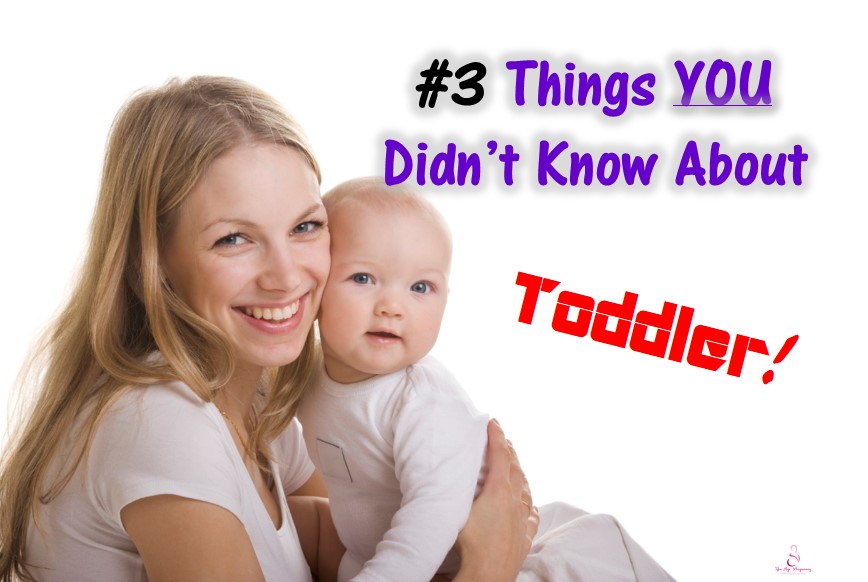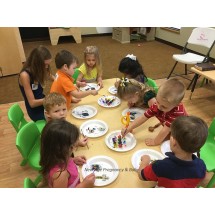
Everything is getting easier – You no longer need to prepare milk on the go, your baby bag is finally lighter, and your child can communicate and enjoy activities with you. Toddlerhood starts at around 14 months – there’s no hard and fast rule as to which month, but generally when your infant starts toddling. This phase ends at preschooler age, of 3 years old. It’s an enchanting period of growth that parents go through with their children as they find themselves literally on their feet and talking! However, the occasional tantrums may turn into a daily struggle for some families and you realize you have entered into a new phase of parenting. Let us first understand the changes from the infant to toddler phase:
Developmental Changes for a Toddler:
- Growing physically to become stronger, being able to walk and verbalize needs
- Growing mentally as the brain starts to form new associations with words
- Growing emotionally as the child tries to be himself and relate to others
The increased exploration and growth which is a process that every toddler needs to navigate may lead to frustration, which is exhibited in the forms of tantrums and misbehavior and thus the term ‘Terrible Two’!
What can a Parent do to maximize the joy from the toddler months, both for the adult and the child? It helps to understand that these changes are taking place and not due to ‘fault’ of the child. An emphatic and positive attitude helps, and supporting the child in his growth in the following ways can reduce the frustration, and therefore the tantrums.
Supporting Your Toddler
- Understanding of Self and Competence
 A parent can help to support a child as he tries to control his body and ability to do things for himself. Make exploration safe by clearing away sharp or small objects and electronics (or anything that you don’t want him to get hold of!). It is much better to prepare open space with different play stations within the home to explore, than to constantly tag behind and shout at your child ‘No’ whenever he makes a small move. Imagine the frustration from his point of view!
A parent can help to support a child as he tries to control his body and ability to do things for himself. Make exploration safe by clearing away sharp or small objects and electronics (or anything that you don’t want him to get hold of!). It is much better to prepare open space with different play stations within the home to explore, than to constantly tag behind and shout at your child ‘No’ whenever he makes a small move. Imagine the frustration from his point of view!
- Mom and Dad are still Here
A child may feel overwhelm as he starts to see there are many people who interact with him and his family in a day. Reassure the child often and talk to him frequently about what is happening and what the family is doing now, and next. Setting a routine continues to be useful for a child, including meal times, nap times and bedtime.
- Power to the Child, with Limits
The toddler months are mostly about power to do things and be himself. It is a developmental stage that every child needs and if the child likes to try something which is safe and not hurtful, the parent can be supportive. Limits such as no hitting others (or banging your own head!) can be set and it is up to both parents to decide what boundaries are. The principle is boundary do help a child to navigate the world, but too much of it can lead to frustration.
- A toddler is not a small ‘Superman’
Just because he can eat and walk does not mean he’s ready to follow you from morning to night, waiting for you to complete your chores, errands and meals. Anyone who is tired, sleepy or hungry can throw tantrums; vice versa, anyone who is comfortable and being in the company of a joyful parent can be happier.
Toddlerhood from 14 to 36 months will be over but the right behaviors can be inculcated in a child during this time – be positive, supportive and enjoy this time as it is a period you’d treasure for life!
Related Posts:
Terrible Twos or Terrific Twos?
Setting Boundaries For Your Toddler
By Mei






